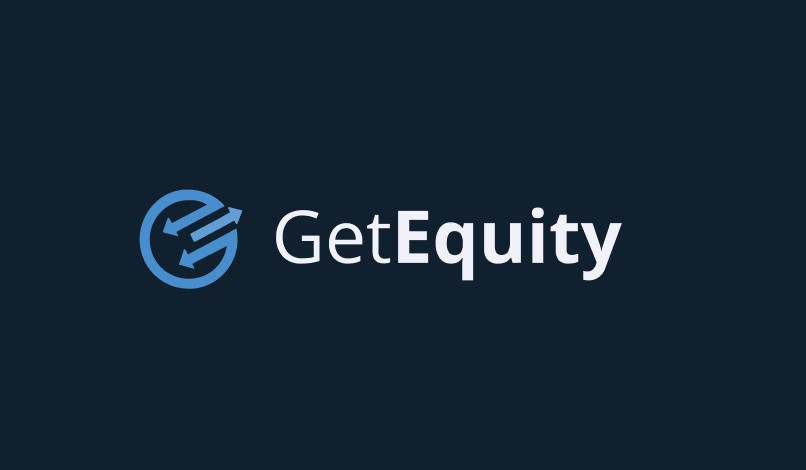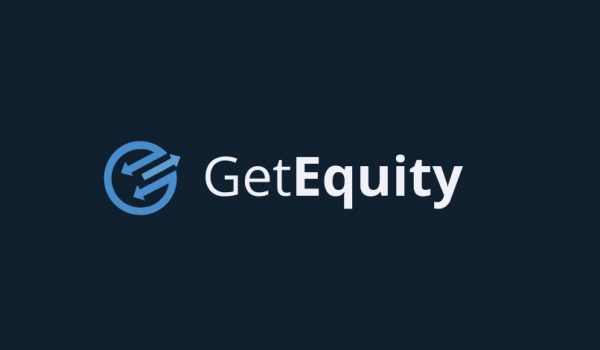GetEquity, a Nigeria-based investment platform, came into the market intending to challenge the status quo of startup financing and venture capital in Africa. Launched in July 2021 and Co-founded by Jude Dike, William Okafor, and Temitope Ekundayo, GetEquity is a product built after a series of iterations. This is because building a democratized startup investment platform in Africa was not the founders’ original plan.
Read more about Fintech
GetEquity was created as a fundraising and venture portfolio management company that aims to bridge the gap between founders and the funding they need by giving them access to a wide range of funding options. Simply put, the platform provides an opportunity for individuals who do not own a lot of money to be angel investors, syndicates, or venture capitalists. All the Startups need to do is to list themselves on the GetEquity platform and market to institutional investors and public users but only if they meet all the security assessments by the GetEquity’s team. GetEquity now enables anyone to buy equity in a listed startup for as little as US$10.
Through this process, startups get instant access to several angel investors, syndicates, and institutional investors and also get the opportunity to raise investment from their communities and customers, for example, Herconomy, a fintech startup for women, closed a $100,000 pre-seed funding round within 24 hours by its community members while a platform like Fluidcoins, TalentQL and Mizala closed $30,000, $25,000, and $25,000, respectively, from users who weren’t necessarily part of their communities.
The company launched with pre-seed funding from GreenHouse Capital, an African fintech investment fund and platform which supports early-stage companies and world-class emerging market entrepreneurs. GetEquity’s startup funding platform is now live and can be accessed on the website, Android plays store, and iOS App store. The startups listed at its launch include Breeze (a platform that performs currency conversions and transfers for businesses), Onboardly (helps organizations automate their employee onboarding experience), Nguvu Health (provide affordable and on-demand teletherapy access to users), Fluidcoins (helping African users receive payments in cryptocurrencies) and WeMove Technologies (providing transport and logistics services to the supply chain sector).
Sign up to the Connect Nigeria daily newsletter
According to the co-founders, the company has experienced a 100% growth rate across all metrics since the investment from Greenhouse Capital. It also has over 4,000 users on its platform. About 20 startups are currently listed on its platform and over $400,000 has been invested on the platform.
With the investment from Greenhouse Capital, the platform has released a couple of features that make investing in its platform even better. The company borrowed a core blockchain concept, which is tokenization, to launch tokens where users can sell off their equity according to its present value. For instance, if a user wishes to sell their token after buying and keeping it for a while, all they need to do is express their interest to sell and they will be matched with a buyer and vice versa. The goal is also to tokenize funding on their platform e.g if the company wants to raise $50,000, it’s technically selling 5,000 tokens at $10 per one.
The launch of its product Dealroom last year December will enable individuals, startups, VCs, and other investors to manage their capital raises and investments on an accessible virtual platform. Dealroom features advanced tools for managing portfolios, modelling scenarios, calculating valuation, and more. Through GetEquity’s Dealroom, individual customers and venture capitalists can share deal flow, raise capital for their existing portfolios, and systematically manage their portfolios.
Dealroom complements GetEquity’s prior startup funding platform and further establishes the company as an all-encompassing facilitator of venture capital and startup financing. Dealroom enables its users to create private Dealrooms where they can pool investments into startups and enable startups to manage their raises on a convenient and feature-packed platform. Furthermore, Dealroom product breaks new ground in venture funding by enabling people to merge investments with other users. For instance, a user could identify a promising startup that they want to invest in and use GetEquity’s existing platform to invest, but with Dealroom, if the user wants to invest more than they could on their own, they can now create a private Dealroom and invite their friends to join and structure the investment as one.
This newly formed syndicate could then manage members, invest in new companies, and have access to all the management tools that venture capitalists use. While in private beta, syndicates formed on GetEquity used Dealroom to raise over $150,000. GetEquity also has a wallet infrastructure that users can use to hold value until ready to invest in their chosen startup. It charges between 0.5-5% on every transaction, depending on the payment option chosen. There’s also an option to fund a wallet with cryptocurrency for those living where crypto dealings are allowed, thanks to its partnership with Fluidcoin, another startup that has raised on its platform. The company also charges startups a 4% commission on the transactions.
Both local and international investors are very confident in Africa, especially Nigeria, which recorded the largest funding of about $1.4 billion out of almost $5 billion funding raised by African startups in 2021. With a more inclusive funding infrastructure built by GetEquity, this trend promises to continue for Nigeria come 2022.
Featured Image Source: Linkedln
Got a suggestion? Contact us: [email protected]


